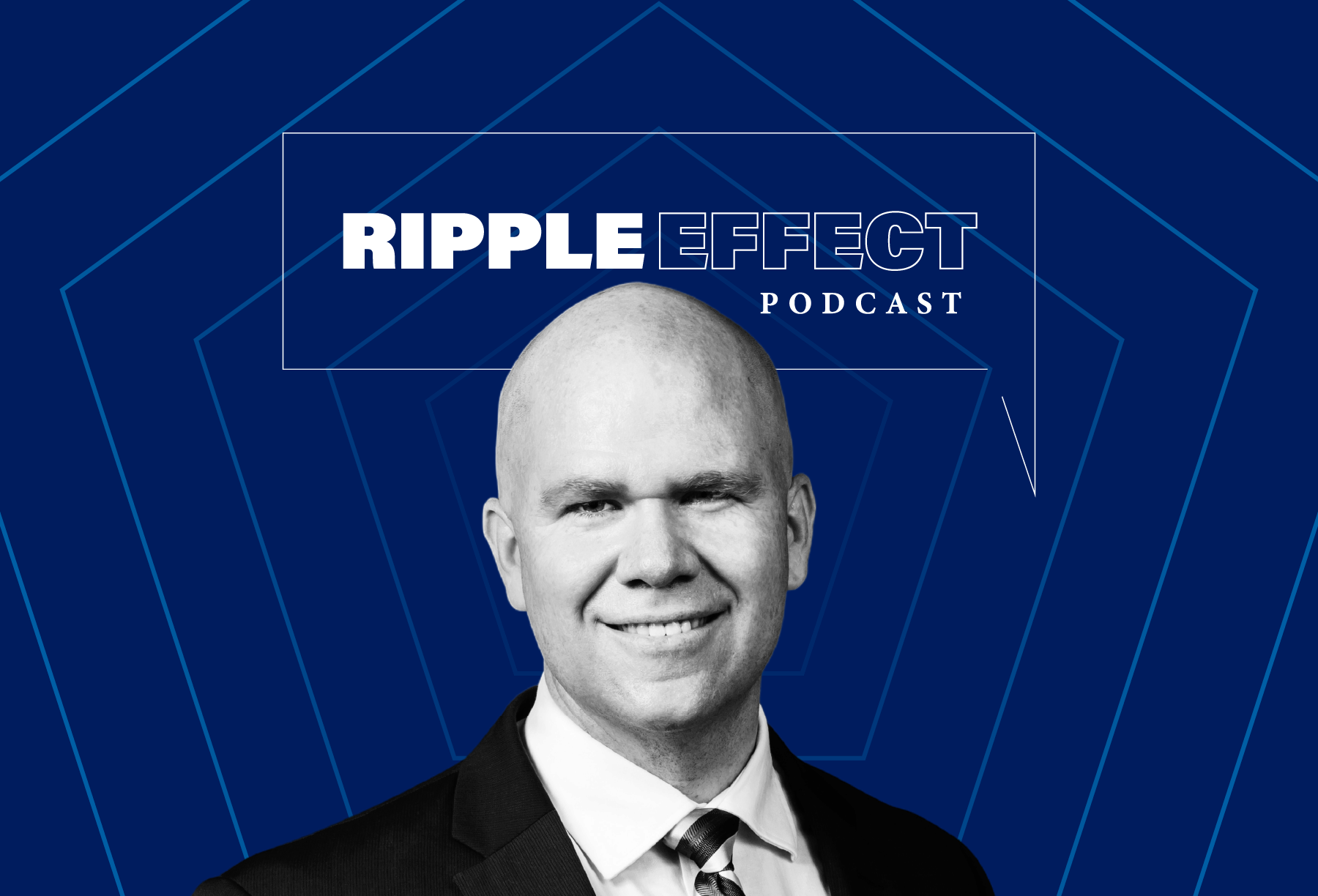In the realm of financial planning, budgeting is a critical yet often misunderstood component. Many individuals, even those earning six-figure incomes, struggle to create a budget that is both realistic and sustainable. Financial experts are now challenging traditional budgeting advice, offering fresh perspectives to help individuals better manage their finances.
Understanding Spending Habits
One common piece of advice is to review spending over the last year. However, financial planners argue that this approach can be overwhelming and counterproductive. Instead, they recommend focusing on last month’s spending and identifying large, infrequent expenses. By doing so, individuals can gain a clearer picture of their average monthly expenses and prepare for significant upcoming costs such as property taxes or vacations. Utilizing budgeting software like Monarch Money or YNAB can further streamline this process by providing insights into spending patterns and helping to identify less frequent expenses.
Simplifying Budget Categories
Another prevalent notion is that tracking every penny is essential. However, this level of detail can lead to feelings of micromanagement and become a barrier to maintaining a budget. Experts suggest using 10 to 15 broad spending categories instead. This approach not only simplifies the budgeting process but also allows for more flexibility and freedom, making it easier for individuals to stick to their budget over the long term.
Gradual Savings Approach
The idea of saving until it hurts is another outdated piece of advice. Financial planners now advocate for a more balanced approach to savings. Rather than making significant sacrifices, the focus should be on finding a sustainable balance between current enjoyment and future savings. Starting with small savings increments and gradually increasing the savings rate over time can lead to meaningful long-term progress without the feeling of deprivation.
Reevaluating Needs vs. Wants
Traditional budgeting often involves sorting expenses into ‘needs’ and ‘wants,’ with an emphasis on eliminating wants. However, this method can lead to guilt and an unsustainable budget. Instead, experts propose a ‘cost-per-happy’ approach, which evaluates how much happiness or value each expense provides. By prioritizing expenses that deliver high satisfaction per dollar spent, individuals can maintain a budget that supports both their financial goals and personal happiness.
Innovative Budgeting Tools
For those looking to enhance their budgeting experience, several digital tools offer unique features. Quicken Simplifi, for instance, provides a streamlined budgeting process with a 50% discount on the first year. Monarch Money offers a premium plan with a seven-day free trial, allowing users to explore its features before committing. Rocket Money provides a free budgeting option, with premium services available for a subscription fee.
In conclusion, rethinking traditional budgeting advice can lead to more effective financial management. By simplifying budget categories, adopting a gradual savings approach, and evaluating expenses based on happiness, individuals can create sustainable budgets that support both their present and future financial goals.
Note: This article is inspired by content from https://www.businessinsider.com/classic-budgeting-tips-bad-advice-financial-planner-2025-5. It has been rephrased for originality. Images are credited to the original source.







